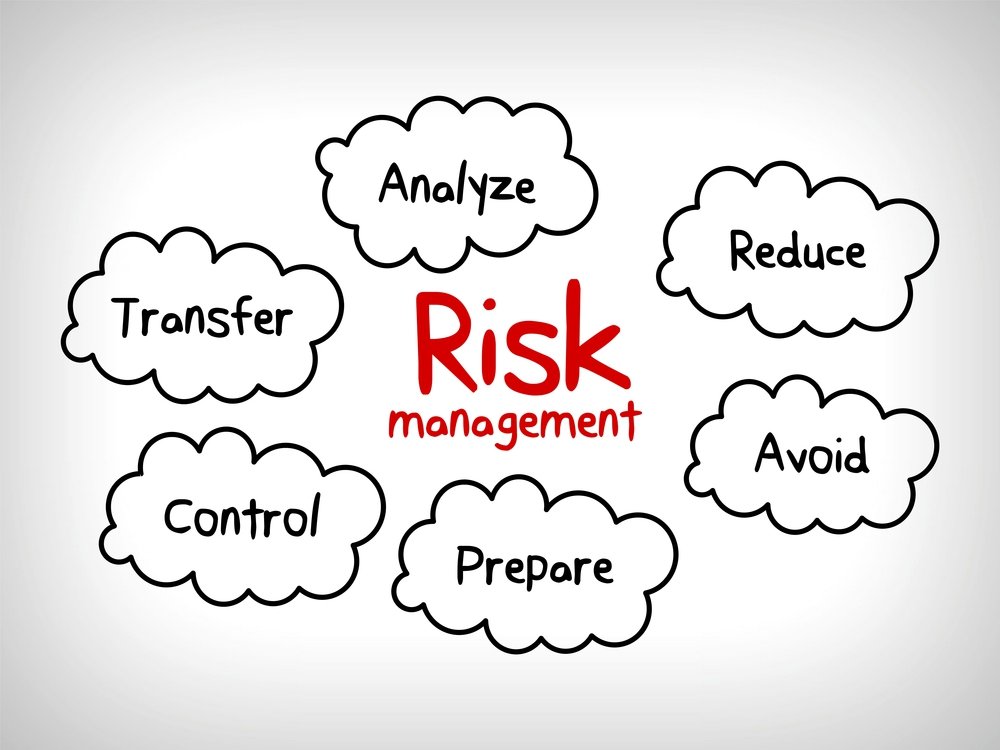The Impact of the Importance of Risk Management on Organizational Governance
The Impact of the Importance of Risk Management on Organizational Governance
Blog Article
The Important Significance of Risk Management in Getting Organizational Objectives
This is where Risk Management actions in, providing an organized approach to identifying, evaluating, and mitigating potential roadblocks to progress. As we explore the essential duty of Risk Management in attaining organizational goals, one can not assist yet question: exactly how does this translate right into real-world success?
Understanding the Concept of Risk Management in Organization

The Essential Role of Risk Management in Strategic Preparation
Incorporating Risk Management into critical planning acts as a guard for organizations, anchoring their long-term strategies with a strong structure of readiness and strength. Risk Management uses a framework for expecting unpredictabilities and developing appropriate reactions, guaranteeing the company's survival and prosperity even in the face of misfortune. By including Risk Management right into calculated planning, organizations can transform these uncertainties into chances for growth and innovation.

Strategies for Identifying, Assessing, and Prioritizing Dangers
Navigating the complicated landscape of risks calls for the application of specific methods for their identification, evaluation, and prioritization. The process starts with Risk recognition, utilizing devices such as SWOT analysis, which assists in identifying potential dangers and opportunities. Next, Risk evaluation is conducted to ascertain the potential effect and probability of each Risk. Tools such as Risk matrices and impact-probability graphes are utilized for this. Risks are focused on based on their potential impact and probability, permitting organizations to focus their sources on high-priority risks. This methodical strategy ensures a detailed understanding of the Risk landscape, allowing organizations to make informed choices and properly manage threats to attain their goals - importance of risk management.
Guarding Business Procedures Via Reliable Risk Management
In the service landscape filled with unpredictabilities, reliable Risk Management plays a pivotal function in safeguarding organizational procedures. By determining and assessing potential dangers, Risk Management makes it possible for organizations to develop durable backup plans. Companies must spend in comprehensive Risk Management strategies to secure their procedures.

Converting Potential Risks to Opportunities: The Power of Risk Management
A proactive method to run the risk of Management includes determining, examining, and focusing on risks to devise techniques that transform them right into possible advantages. Therefore, by leveraging the power of Risk Management, companies can not only safeguard their procedures yet additionally stimulate growth and attain their goals in an unpredictable business environment.
Case Researches: Success Stories of Risk Management Driving Business Objectives
Effective implementation of Risk Management approaches has yielded impressive outcomes in various organizations, highlighting the qualities of this strategy. Multinational firms like Microsoft Learn More and Google, for instance, have actually leveraged Risk Management to decrease risks and manipulate chances, driving their organization objectives forward. These examples highlight how effective Risk Management can not only guide companies clear of potential mistakes yet also assist them in the direction of their critical objectives.
Verdict
In verdict, Risk Management is fundamentally critical in achieving business objectives. By incorporating Risk Management into tactical preparation, businesses can much better navigate unpredictabilities, protect procedures, and capitalise on opportunities, therefore lining up with long-term goals.
At its core, Risk Management is the process of determining, examining, and addressing potential threats that can adversely affect an organization's procedures or objectives. Next off, Risk evaluation is conducted to identify the potential impact and chance of each look at this site Risk. Risks are focused on based on their prospective effect and probability, permitting companies to focus their sources on high-priority risks. By recognizing and view evaluating prospective risks, Risk Management enables companies to establish durable backup plans. An aggressive technique to risk Management includes identifying, analyzing, and focusing on risks to design methods that turn them right into potential advantages.
Report this page